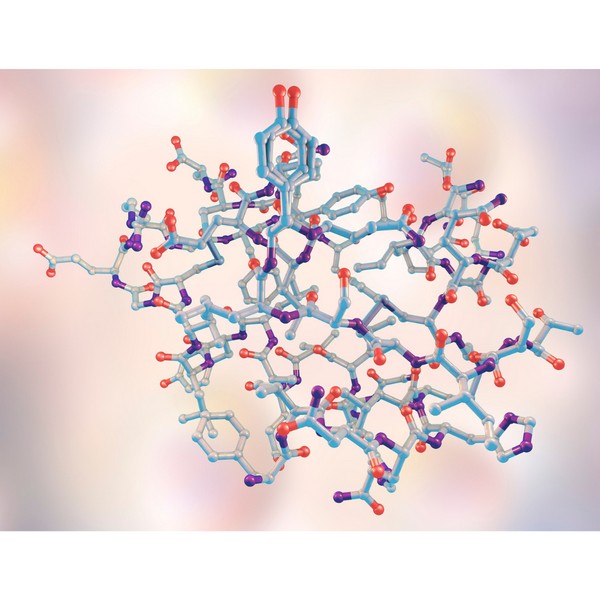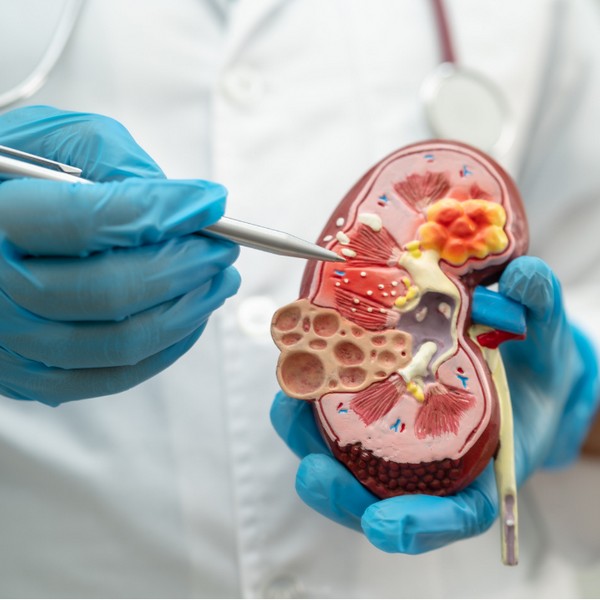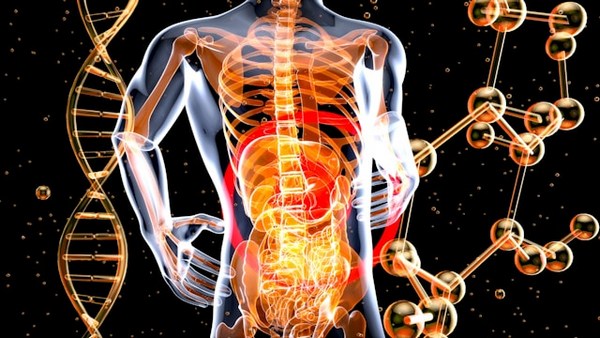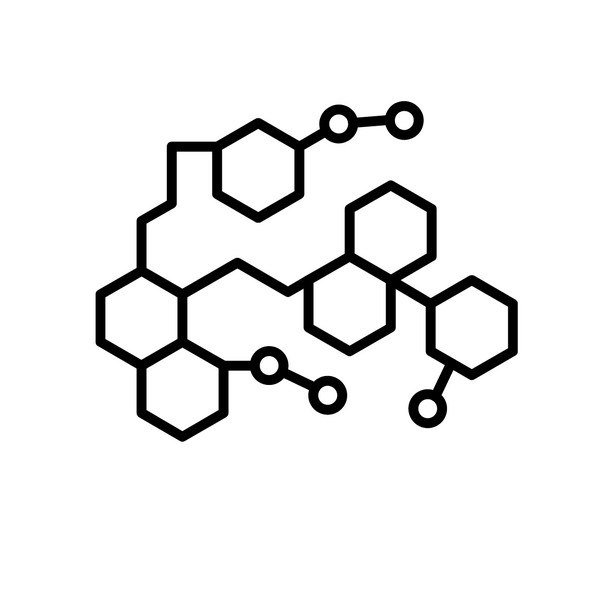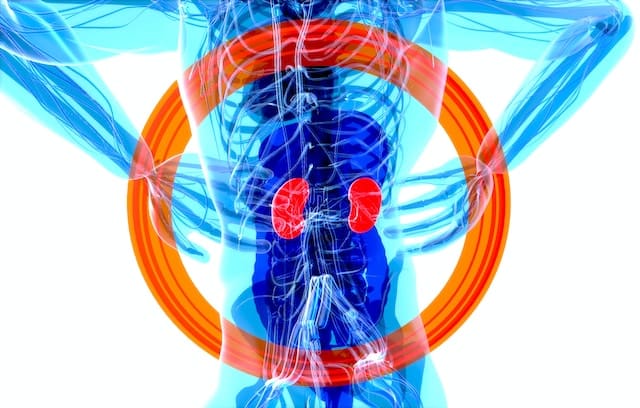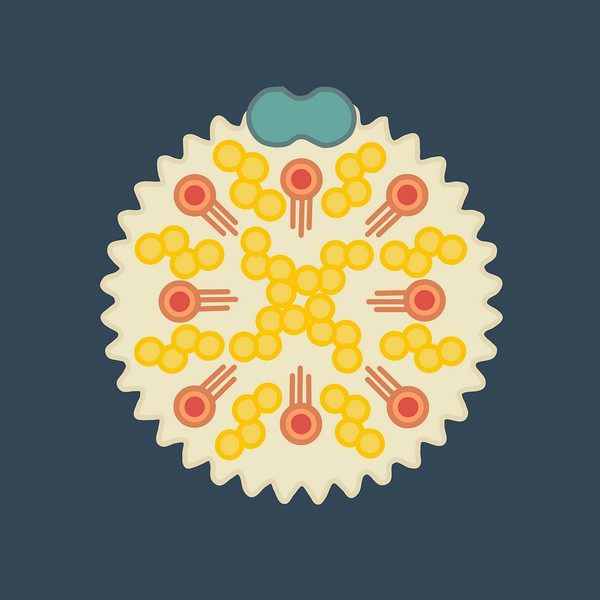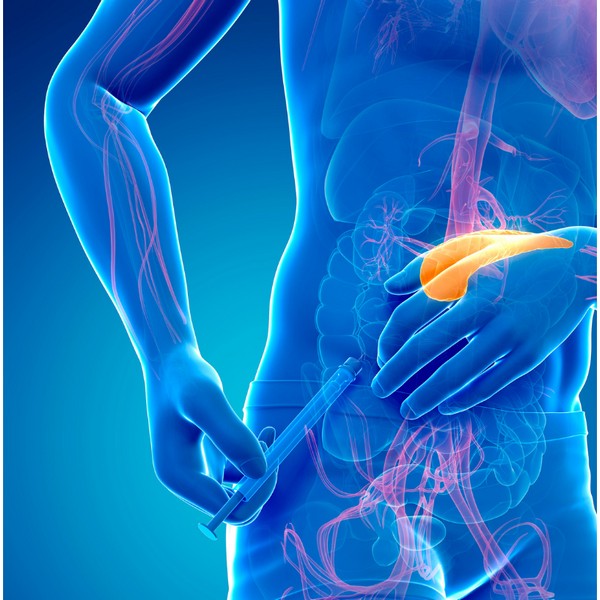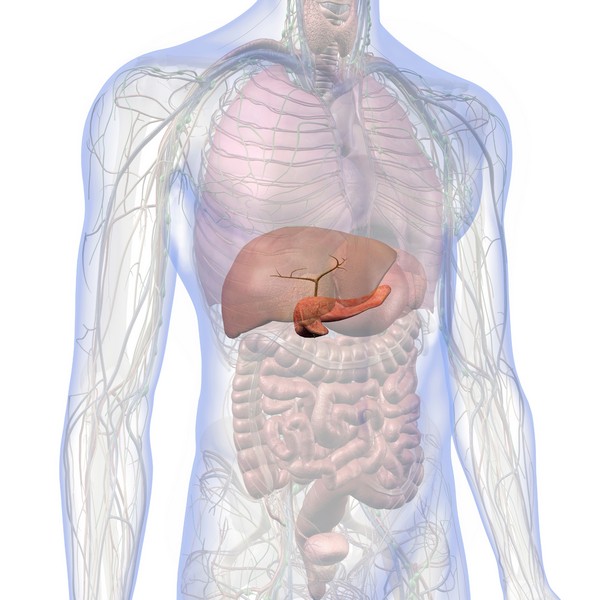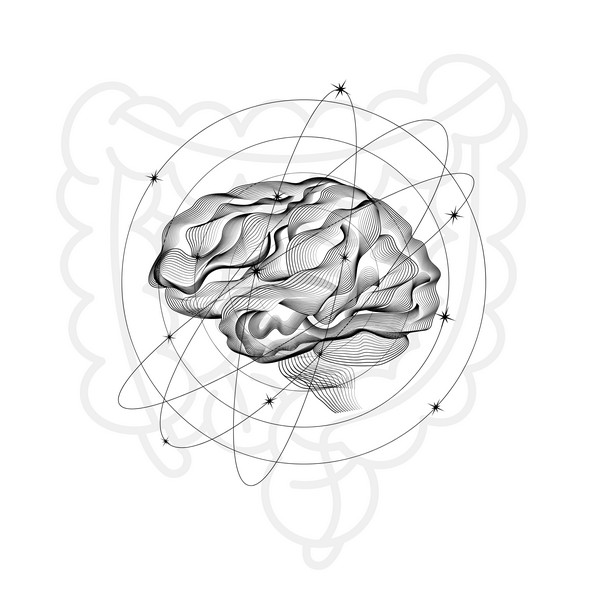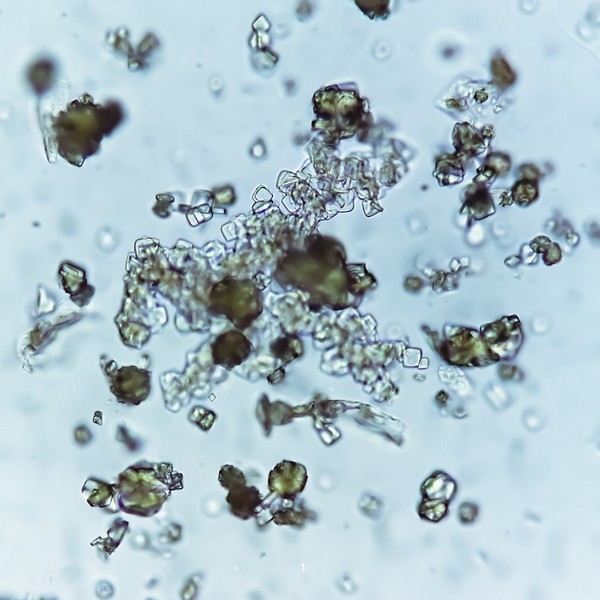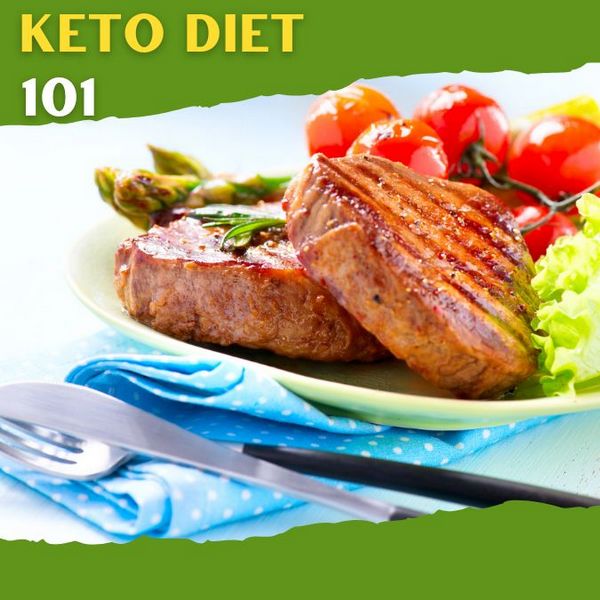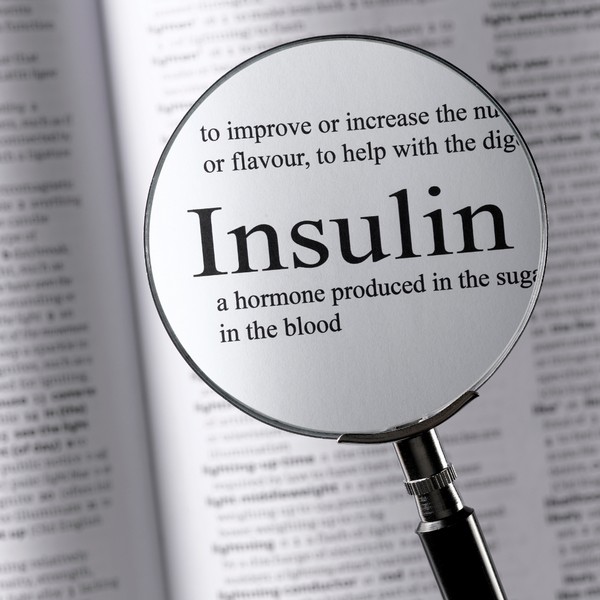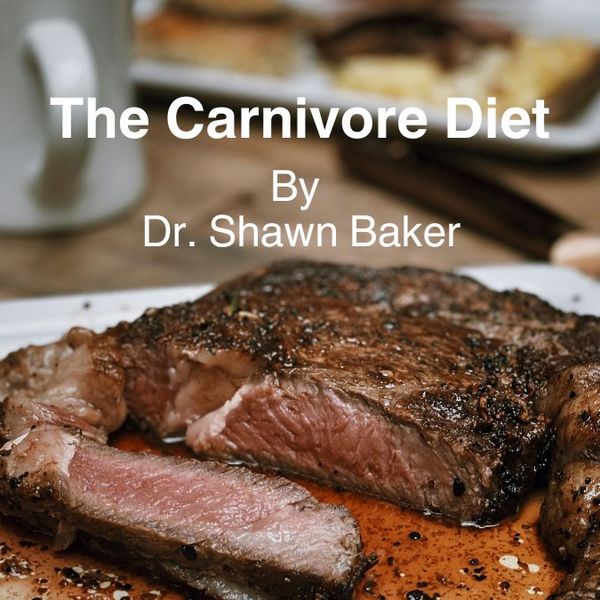Should You Really Be Concerned?
In short, YES! Thank you, that’s all folks, and do have a good evening.
Seriously though, extensive research has established the harmful effects of consuming too much sugar, with adverse physical and mental outcomes ranging from heart disease, obesity and type 2 diabetes to anxiety and depression. Did you know that sugar can be as addictive as cocaine or tobacco?
This is because the same reward system in our brains that keeps us coming back to drugs or cigarettes also reacts to sugar.
Research has shown that consuming sugar activates the same brain regions that are stimulated by addictive substances, leading to a cycle of rewards and cravings that sustain sugar addiction.
Over time, frequent intake of sugar can lead to a depleted reward system and reduced pleasure from other activities.
Table of Contents:
- Insulin Resistance Overview
- Unwanted Fat Accumulation
- Impaired Immunity
- Natural vs Refined Foods
Insulin Resistance

Sugar provides a quick hit of energy, which is why it’s often consumed before physical activity. Small quantities of sugar can give us the necessary energy for short-term bursts of activity, but overconsumption can be harmful.
High intake of sugar can cause blood glucose spikes, insulin resistance, and a general feeling of tiredness and fatigue, making it difficult for you to exercise or stay active.
Unwanted Fat Accumulation

The amount of carbohydrates you eat should, in a perfect world, be equivalent to the amount of energy you expend as a result of your daily activity. If most of your day does not involve physical activity, eating too much food in general and specifically carbohydrates, contributes significantly to weight gain and obesity.
When you consume sugar, glucose is released into the bloodstream, and any excess glucose gets stored as fat in your body. Over time, this fat accumulation can lead to obesity, which is linked to a host of health problems.
Impaired Immunity

Sugar consumption can have a negative effect on your immune system. Large amounts of sugar can cause inflammation in the body, leading to a weakened immune response.
This means your body is less able to fight off infections and illnesses, making you more susceptible to colds, flu, and other viruses.
Do you need to be reminded, after certain worldwide events, why a strong immune system is something you would probably want to have?
Natural Sugar vs Refined Sugar

Many people believe that natural sugars found in fruits or honey are healthier than added sugars in processed foods. While it’s true that natural sugars come with other nutritional benefits, the sugar-metabolizing process in the body remains the same.
Sugar is Sugar. Too much natural sugar is still harmful to our health, just as excessive consumption of added refined sugars is.
Additionally, fruits also have fructose which can predispose you to fatty liver disease. As with most things, moderation is key. Try to stick to the more sour or less sweet end of the spectrum.
Note:
An important caveat for pre-menopausal women is to avoid low carbohydrate diets the week before your period up to the first day of your period.
This does not mean you can go crazy and scarf down all the sugary snacks you can find. Feel free to partake of small servings of healthy complex carbs like plantains and sweet potatoes for that week.
Bioclinic Naturals
PGX
- Controls Blood Sugar: PGX helps to balance and maintain blood sugar levels within the normal range.
- Reduces Glycemic Index: It can lower the glycemic index of meals by up to 60%, moderating blood sugar spikes after eating.
- Promotes Fullness: By expanding in the stomach, PGX promotes a lasting feeling of fullness, which can reduce overall food intake.
- Supports Healthy Weight Loss: Assists in weight management, which is often beneficial for maintaining stable blood sugar levels.
- Natural and Stimulant-Free: PGX is a natural option without stimulants, making it a preferable choice for managing diet and blood sugar.
Overall, sugar in general, and refined sugar in particular, is an addictive and dangerous substance that all too often leads to a host of terrible health problems. By understanding its effects on both mind and body, we can make informed decisions about how much sugar we consume and take steps to intensively reduce our overall intake.
Choosing healthier alternatives to sweeten food and drinks, such as Stevia, Monk Fruit, and Non-GMO Allulose, and implementing Blood Glucose Regulation support interventions, can help us avoid the long-term consequences of excess sugar consumption.
Biotiquest
Sugar Shift
- Transforms excess sugars into mannitol, which the body naturally eliminates, reducing inflammation.
- It enhances gut mannitol production, preventing harmful protein buildup.
- Increases butyrate production, improving gut and brain health.
Sugar Synonyms Agave Nectar , Barley Malt Syrup , Barley Malt , Brown Rice Syrup , Buttered Syrup , Cane Juice , Cane Juice Crystals , Caramel , Carob Syrup , Corn Sweetener , Corn Syrup , Crystalline Fructose , Date Sugar , Dehydrated Cane Juice , Dextrin , Dextrose , Florida Crystals , Fructose , Fruit Juice , Fruit Juice Concentrate , Glucose , Golden Syrup , High-Fructose Corn Syrup , Honey Crystals , Honey , Lactose , Liquid Fructose , Malt Syrup , Maltodextrin , Maltol , Maltose , Mannose , Maple Crystals , Maple Syrup , Muscovado , Panela , Panocha , Raisin Juice Concentrate , Refiner's Syrup , Rice Syrup , Saccharose , Sorghum Syrup , Sucanat , Sucrose , Syrup , Treacle , Turbinado , Yacon Nectar
Research
Eun YM, Kang SG, Song SW. Fasting plasma glucose levels and coronary artery calcification in subjects with impaired fasting glucose. Ann Saudi Med. 2016 Sep-Oct;36(5):334-340.
doi: 10.5144/0256-4947.2016.334
Konstantinos Mantantzis, Friederike Schlaghecken, Sandra I. Sünram-Lea, Elizabeth A. Maylor, Sugar rush or sugar crash? A meta-analysis of carbohydrate effects on mood, Neuroscience & Biobehavioral Reviews, Volume 101, 2019, Pages 45-67, ISSN 0149-7634,
https://doi.org/10.1016/j.neubiorev.2019.03.016
Audzeyenka, I., Rachubik, P., Typiak, M., Kulesza, T., Topolewska, A., Rogacka, D., Angielski, S., Saleem, M. A., & Piwkowska, A. (2021). Hyperglycemia alters mitochondrial respiration efficiency and mitophagy in human podocytes. Experimental Cell Research, 407(1), 112758.
https://doi.org/10.1016/j.yexcr.2021.112758
Diaz-Vegas, A., Sanchez-Aguilera, P., Krycer, J. R., Morales, P. E., Monsalves-Alvarez, M., Cifuentes, M., Rothermel, B. A., & Lavandero, S. (2020). Is Mitochondrial Dysfunction a Common Root of Noncommunicable Chronic Diseases? Endocrine Reviews, 41(3).
https://doi.org/10.1210/endrev/bnaa005
Yi, H.-S., Chang, J.Y., Shong, M., 2018. The mitochondrial unfolded protein response and mitohormesis: a perspective on metabolic diseases. Journal of Molecular Endocrinology 61, R91–R105..
https://doi.org/10.1530/jme-18-0005
Marrs, C., Lonsdale, D., 2021. Hiding in Plain Sight: Modern Thiamine Deficiency. Cells 10, 2595..
https://doi.org/10.3390/cells10102595
Edoardo Mannucci, Ilaria Dicembrini, Angelo Lauria, Paolo Pozzilli; Is Glucose Control Important for Prevention of Cardiovascular Disease in Diabetes?. Diabetes Care 1 August 2013; 36 (Supplement_2): S259–S263.
https://doi.org/10.2337/dcS13-2018
Wang, J., Huang, X., Fu, C. et al. Association between triglyceride glucose index, coronary artery calcification and multivessel coronary disease in Chinese patients with acute coronary syndrome. Cardiovasc Diabetol 21, 187 (2022).
https://doi.org/10.1186/s12933-022-01615-4
Huang Y, Chen Z, Chen B, Li J, Yuan X, Li J, Wang W, Dai T, Chen H, Wang Y, Wang R, Wang P, Guo J, Dong Q, Liu C, Wei Q, Cao D, Liu L. Dietary sugar consumption and health: umbrella review. BMJ. 2023 Apr 5;381:e071609.
doi: 10.1136/bmj-2022-071609
Chukwuma, C.I., Matsabisa, M.G., Erukainure, O.L., Ibeji, C.U. and Islam, M.S., 2019. D-mannitol modulates glucose uptake ex vivo; suppresses intestinal glucose absorption in normal and type 2 diabetic rats. Food bioscience, 29, pp.30-36.
Kim, C.Y., Lee, J.H., Kim, B.H., Yoo, S.K., Seo, E.S., Cho, K.S., Day, D.F. and Kim, D., 2002. Production of mannitol using Leuconostoc mesenteroides NRRL B-1149. Biotechnology and Bioprocess Engineering, 7, pp.234-236.
Soetaert, W., 1990. Production of mannitol with Leuconostoc mesenteroides. Mededelingen van de Faculteit Landbouwwetenschappen, Rijksuniversiteit Gent, 55(4), pp.1549-1552.
Boost Insulin Sensitivity Naturally
Key Takeaways Improving insulin sensitivity helps control blood sugar and reduces the risk of metabolic disorders. Regular physical activity enhances how cells respond to insulin….
Coping with Pet Allergies: Tips & Advice
Key Highlights Pet allergies often cause sneezing, coughing, itchy eyes, and skin rash. Pet allergens are in the saliva, urine, and dander of furry animals….
Diabetes: Everything You Need to Know
Alcohol and Its Effects
Key Takeaways Alcohol is metabolized primarily in the liver, producing acetaldehyde, a toxic byproduct. Chronic alcohol consumption leads to liver damage, including fatty liver, hepatitis,…
7 Simple Tips for Lowering Blood Pressure Naturally
Maintaining healthy blood pressure levels is essential for overall well-being, as high blood pressure can lead to serious health complications. However, it is possible to…
Chronic Kidney Disease (CKD): Causes & Treatment
Key Takeaways Ultra-processed foods and high carbohydrate intake worsen inflammation, harming kidney function. Iron overload leads to oxidative stress, which accelerates CKD progression. Copper is…
Travel Hygiene Tips: Stay Fresh on the Go
Key Highlights Key practices include frequent handwashing, showering, and oral care. Packing a portable hygiene kit can help you stay fresh on the go. Advanced…
Atherosclerosis Prevention Strategies: Insights from Scientific Research
Key Takeaways Atherosclerosis is the hardening and narrowing of arteries caused by plaque buildup. Chronic inflammation and oxidative stress contribute to the development of plaque….
Parkinson’s Disease : Symptoms, Causes & Treatment
Key Takeaways Parkinson’s disease is a progressive neurological disorder that affects movement and coordination. Oxidative stress and excess iron are significant factors in the progression…
SIBO Bloating: Causes, Diet, & Management Tips
Key Takeaways SIBO disrupts gut bacteria balance, causing bloating, pain, and nutrient absorption issues. Symptoms include bloating, abdominal pain, diarrhea, constipation, weight loss, and fatigue….
Triglycerides: Levels & Range Explained
Key Highlights Triglycerides are the most common form of fat in the body play a role in energy storage High levels of triglycerides can increase…
Metabolic Health: What It Means and How to Improve It
Key Takeaways Metabolic health reflects how well your body processes energy and maintains stable blood sugar, cholesterol, and blood pressure. Key indicators of metabolic health…
Histamine: What You Should Know
Key Takeaways Histamine’s Role: Vital in immune responses, digestion, and as a neurotransmitter in the central nervous system. Histamine Production: Produced in mast cells and…
Alzheimer’s Disease: Symptoms, Causes, Treatment
Key Takeaways Alzheimer’s disease is a progressive neurodegenerative disorder affecting memory, thinking, and behavior. Oxidative stress, including from excess iron, plays a significant role in…
Allergy-Friendly Pets
Key Highlights Hypoallergenic pets are great for people with pet allergies, as they produce fewer allergens like dander, saliva, and proteins that can trigger symptoms….
High Homocysteine: How to Manage Levels
Key Takeaways: Elevated homocysteine can raise the risk of heart disease and other health problems. Animal-based foods high in B vitamins help reduce homocysteine levels….
Dialysis: Benefits & Challenges
Key Takeaways Dialysis removes waste and excess fluid from the blood when kidneys cannot function. Two main types: hemodialysis (machine-based) and peritoneal dialysis (abdomen-based). Dialysis…
7 Remedies for Kidney Stones: A Comprehensive Guide
Key Takeaways Staying well-hydrated and adopting a balanced diet can help prevent kidney stones. Knowing the causes of kidney stones can inform effective prevention strategies….
Signs of Diabetes: Recognizing the Red Flags
Key Takeaways Increased Thirst and Urination: High blood sugar leads to dehydration, causing excessive thirst and frequent urination. Unexplained Weight Loss: Diabetes can cause the…
Vegetable Oil: Health Risks You Might Not Know
Key Takeaways: Omega-6 fats from vegetable oils cause oxidative stress and inflammation. Reducing omega-6 intake and using stable fats can lower health risks. High triglycerides…
Postbiotics: What They Are and Why They Are Important
Key Takeaways Postbiotics 101: They’re beneficial by-products from probiotics that consume prebiotics Boosts Immunity: Postbiotics sharpen your immune system, helping fight off pathogens and reducing…
How to Lower Triglycerides Fast: Natural Solutions
Key Highlights Triglycerides, a type of fat found in the blood, are essential indicators of metabolic health. Elevated triglyceride levels increase the risk of heart…
Proteolytic Enzymes and Heart Health: What the Research Shows
Your heart works tirelessly to pump blood throughout your body, delivering essential nutrients and oxygen to your cells. However, factors like poor diet, stress, and…
Inflammation: Causes & Effects
Key Takeaways Inflammation is the body’s response to injury or infection, but chronic inflammation can lead to health problems. Iron overload from artificial sources and…
Quit Sugar for 14 Days: What Happens to Your Body?
Key Takeaways: Immediate Health Benefits of Reducing Sugar: In just two weeks, enjoy enhanced energy levels, weight loss, a reduced risk of chronic diseases, and…
Remnant Cholesterol (RC): Its Origins & Impact
Key Takeaways Remnant cholesterol (RC) is the cholesterol content left in the blood after triglycerides are removed from VLDL and IDL particles. RC is a…
L-Glutamine and Gut Health: Benefits and Side Effects
Key Takeaways L-Glutamine is essential for gut health. Benefits include improved digestion and reduced inflammation. Potential side effects are rare but can occur in high…
Insulin Resistance: What It Is & How to Manage It
Key Takeaways Insulin resistance leads to high blood sugar when cells stop responding to insulin. Often connected to obesity, poor diet, and physical inactivity. Symptoms…
Non-Alcoholic Fatty Liver Disease (NAFLD)
Key Takeaways NAFLD involves fat buildup in the liver not caused by alcohol. Commonly associated with obesity, insulin resistance, and metabolic syndrome. NAFLD can lead…
Metabolic Syndrome: Managing This Health Risk
Key Takeaways Metabolic syndrome is a cluster of conditions increasing the risk of heart disease, stroke, and diabetes. Symptoms include high blood pressure, high blood…
Iron Overload: Symptoms & Prevention Tips
Key Takeaways: Iron overload happens when the body absorbs excessive iron, which can damage organs. Common symptoms include fatigue, joint pain, and skin changes. Early…
Supporting Mental Health with Gut Health
Key Takeaways Gut-Brain Connection: Gut health is directly linked to mental wellbeing through the gut-brain axis. Probiotics: Beneficial bacteria that help regulate mood and support…


